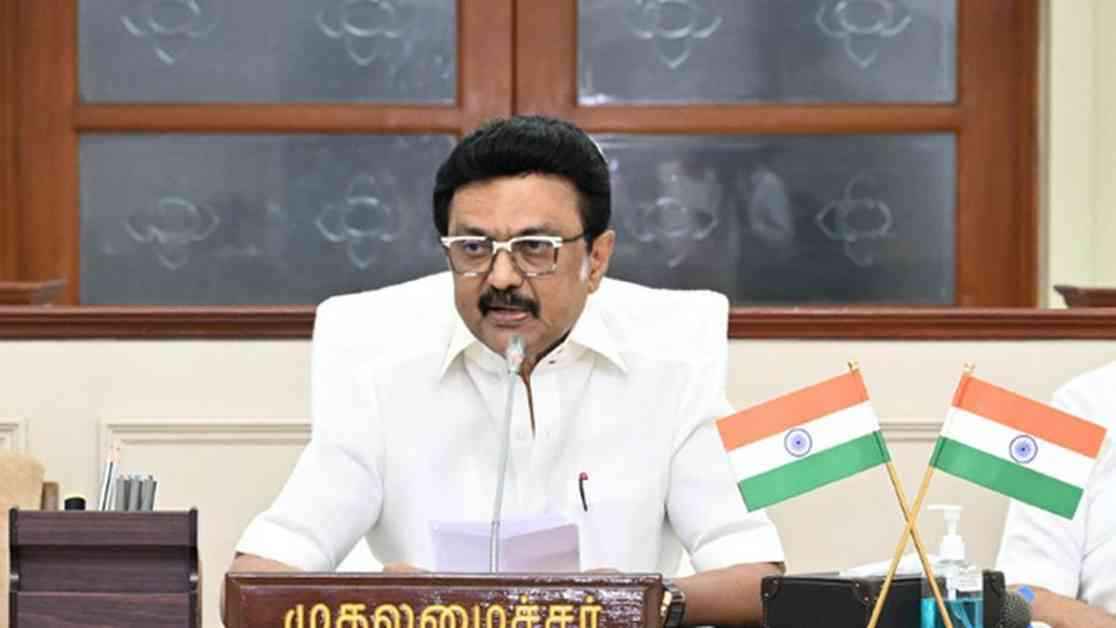Tamil Nadu Chief Minister M.K. Stalin is gearing up for a crucial consultative meeting with Vice-Chancellors (V-Cs) and Registrars from all State universities at the Secretariat on April 16, 2025. The primary focus of this gathering is to address key issues and explore ways to enhance higher education standards across the State.
Supreme Court Ruling Sets the Stage
This meeting follows a significant ruling by the Supreme Court just last week, which deemed various Bills related to universities, re-adopted by the Assembly and awaiting approval from the President, as having received assent. In response to this legal milestone, the State government promptly notified 10 university-related Acts, marking the first set of Bills to transition into laws without the need for assent from the President or the Governor.
The upcoming meeting takes on added importance in light of this recent judicial development, underscoring the need for coordinated efforts between the government and academic institutions to navigate the evolving landscape of higher education in Tamil Nadu. While Chief Minister M.K. Stalin has engaged with V-Cs from State-run universities in the past, this particular gathering signifies a pivotal moment in aligning strategies and priorities with the new legal framework.
Focus on Future Planning and Collaboration
Looking ahead, the demand for grants for the Higher Education Department for the fiscal year 2025-26 is poised for discussion and approval in the Assembly on April 24. This financial allocation will play a critical role in shaping the future trajectory of higher education initiatives and programs across the State, emphasizing the government’s commitment to fostering academic excellence and innovation.
Furthermore, the recent notification of Acts aims to establish clear guidelines for V-Cs, especially those appointed by Governor R.N. Ravi, to ensure seamless alignment with the government’s policies and directives. Instances where V-Cs have deviated from prescribed guidelines underscore the importance of fostering a cohesive partnership between academic leadership and state authorities to drive positive change and progress in the higher education sector.
Governor R.N. Ravi’s advocacy for the National Education Policy (NEP) stands in contrast to the Tamil Nadu government’s decision to formulate a distinct State Education Policy. This divergence in perspectives highlights the nuanced landscape of education reform and underscores the need for a collaborative approach to address the diverse needs and aspirations of students, educators, and stakeholders in the education ecosystem.
In conclusion, the upcoming meeting spearheaded by Chief Minister M.K. Stalin represents a pivotal platform for dialogue, collaboration, and strategic planning to chart a course for the future of higher education in Tamil Nadu. By leveraging insights from diverse stakeholders, including V-Cs, Registrars, and government officials, this consultative gathering holds the promise of fostering a dynamic and inclusive educational environment that empowers students and nurtures academic excellence.













